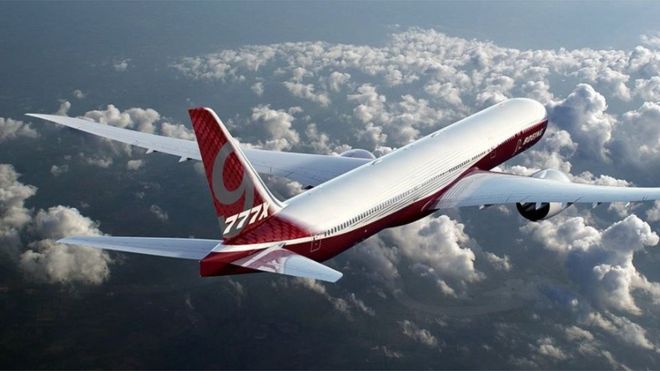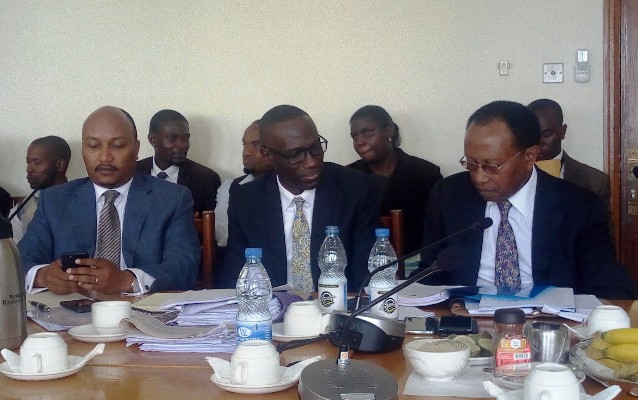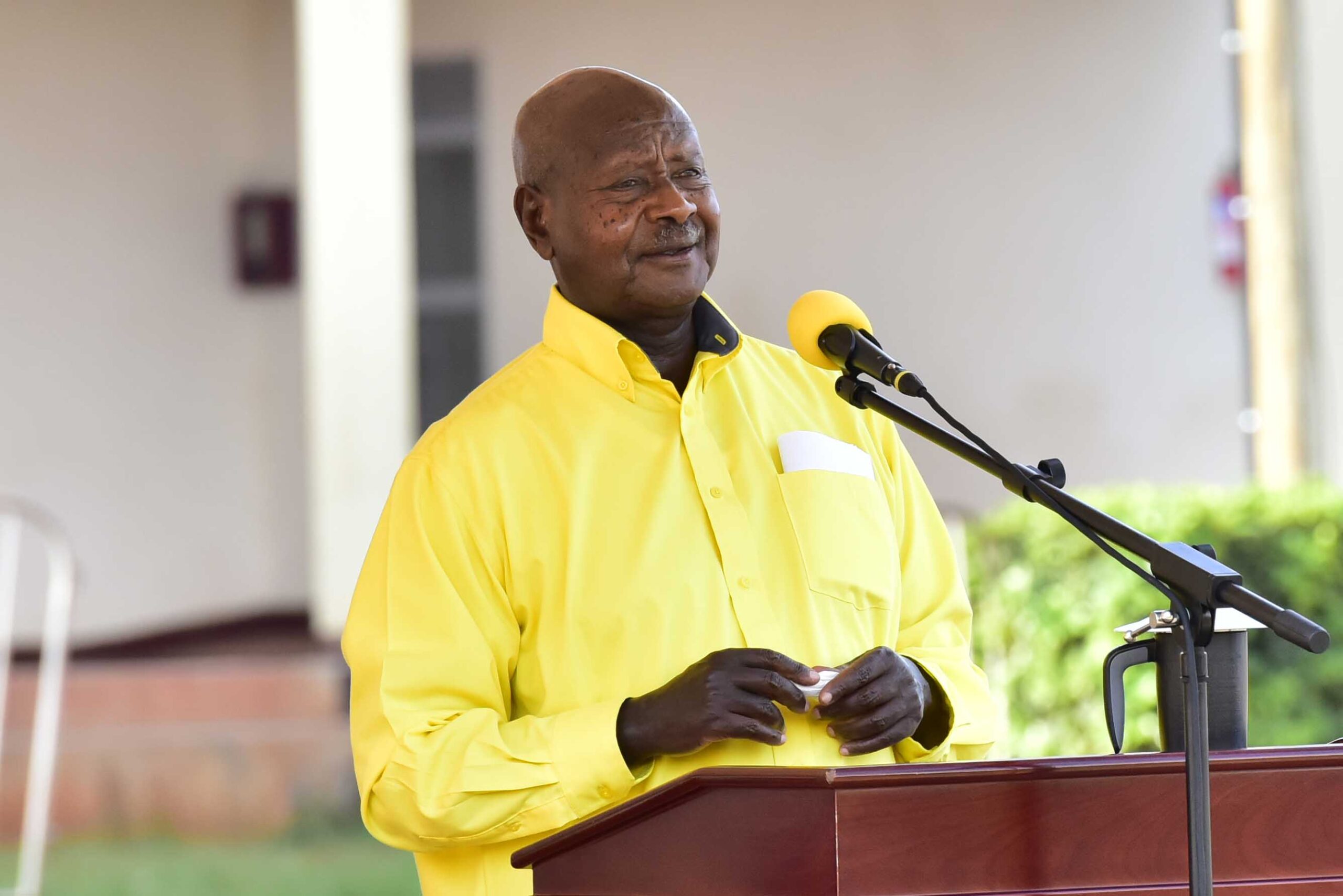US aircraft manufacturer Boeing has won a victory in a long-running dispute with European rival Airbus.
The World Trade Organization has reversed on appeal a ruling that Boeing received some state aid to help build its newest aircraft, the 777X.
“The WTO has rejected yet another of the baseless claims the European Union has made,” Boeing said in a statement.
However, Airbus said ”the ‘game’ is far from over” as other complaints over alleged aid are still to be resolved.
The two aviation giants have been locked for years in a sprawling set of disputes at the Geneva-based WTO.
Last year, the WTO backed a European Union complaint that Boeing got tax breaks to site a production facility in Washington state.
The US, acting on behalf of Boeing, appealed the decision and secured an outright victory that is not subject to further appeal, the WTO ruling said.
According to Airbus, Washington state has given Boeing tax breaks worth about $9bn (£7bn) and which were sufficient to shut out imports.
However, Boeing said the tax breaks amounted to no more than $1bn.
The WTO’s appeals body has now ruled that the tax breaks were not explicitly to prevent free trade, removing them from its most severe category of banned aid known as “prohibited” subsidies.
However, the trade dispute is not over. Brussels and Washington have two larger cases pending at the WTO, centred on multiple claims and counter-claims about illegal subsidies for their respective aviation industries.
Boeing’s general counsel, J. Michael Luttig, said in a statement: “The latest of the false claims Airbus and its government sponsors have made has now been rejected by the WTO.
“The EU and Airbus, meanwhile, continue to be in flagrant breach of WTO rulings and must eliminate the massive illegal subsidies the WTO said a full year ago had not been addressed, or risk US sanctions against European exports.”
Airbus, which estimates it has lost $100bn in sales because of Boeing subsidies, said: “Boeing illegal subsidies are still illegal and need to be removed. The ‘game’ is far from over.”
BBC





